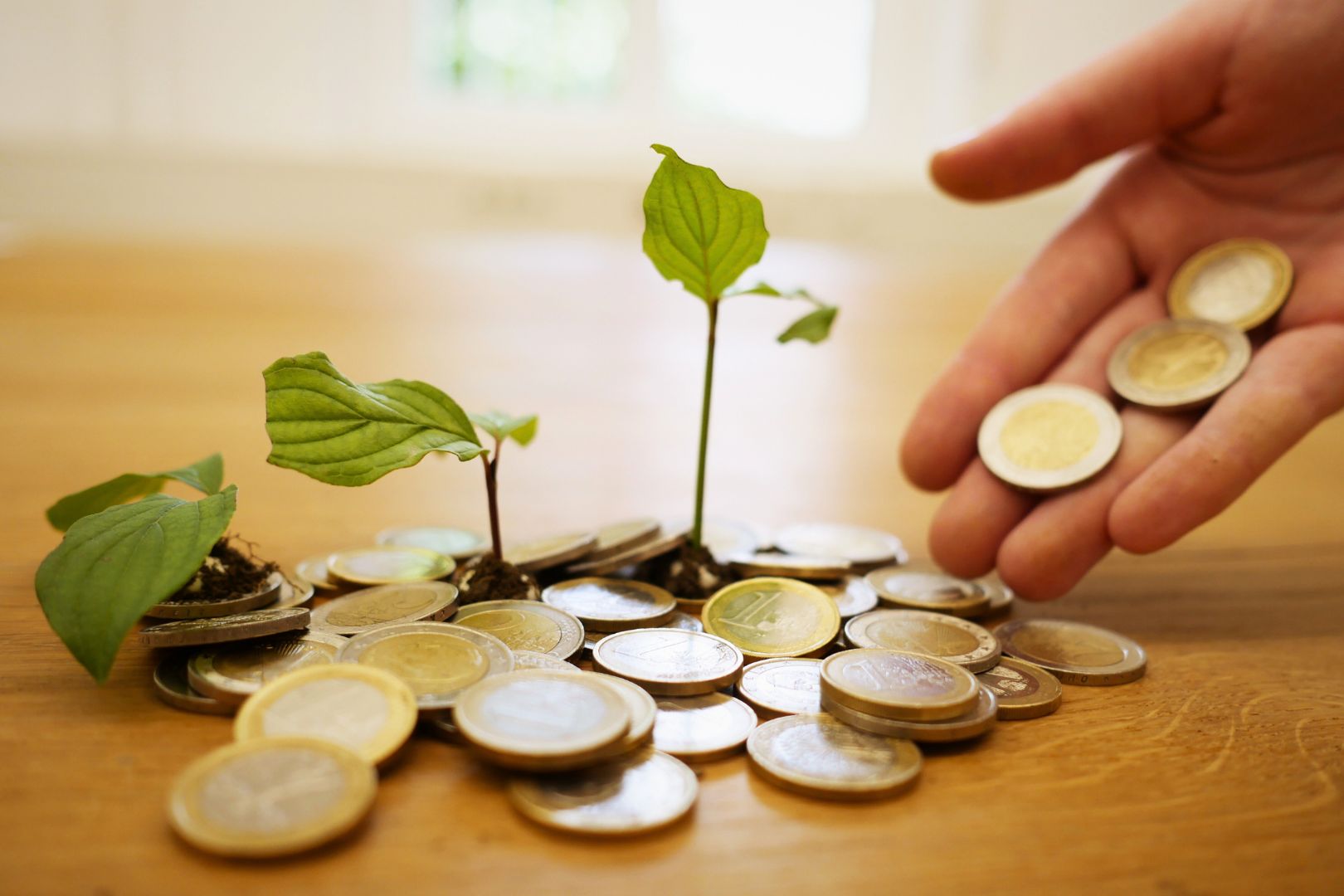Since the publication of the European Bioeconomy Strategy in 2012, the deployment of the bioeconomy in Europe has been remarkable. The capacity of large biorefineries to achieve significant economic growth, creating large numbers of jobs while contributing to environmental sustainability, is visible in the implementation of large demonstration projects at European level. For example, in BBI JU (Bio-Industries Joint Undertaking) flagship projects, such as First2Run, LIGNOFLAG or FARMŸNG .
However, to date, small-scale projects and biorefineries have been repeatedly overlooked, even though they hold great potential to provide great benefits at the rural level, on farms and smallholdings – fostering the local use of biomass and the networking of all actors in the environment.
In 2017, the European Bioeconomy Stakeholder Manifesto highlighted as challenges to the development of the bioeconomy the cultural and demographic barriers, the effects of urbanisation on rural communities, and the small-scale nature of many biomass producers. In this regard, the Study on the participation of the agri-food sector in the BBI JU: business models, challenges and recommendations to enhance the impact on rural development, developed by Innovarum two years later (2019), proposes measures addressing some of these issues, such as the incorporation of farmers in the proposals, as well as in the evaluation process of the proposals, or the development of smaller scale projects, in order to improve the participation of the primary sector in the bioeconomy.
Now, in 2022, we are starting to see EU funded projects tackling the problem: fostering the deployment of the bioeconomy in the rural environment and on a smaller scale. In detail, two new projects have been funded by the Horizon Europe programme under the same topic (HORIZON-CL6-2021-CIRCBIO-01-08: Mainstreaming inclusive small-scale bio-based solutions in European rural areas): MainstreamBIO and BioRural.
Both projects have established contact since their kick-off last September. They will foster synergies and work for hand in hand over the next three years to tangibly impact the deployment of the rural bioeconomy.
MainstreamBIO
MainstreamBIO is focused on boosting small-scale solutions and technologies that favour the deployment of the bioeconomy in the rural environment through the provision of services of interest and digital tools for rural agents that foster the bioeconomy in several European regions.
The consortium, formed by 10 partners from 8 European countries, will establish Multi-stakeholder Innovation Platforms (MIPs) in seven EU countries with a wide variety of feedstocks, infrastructures and experiences, with the aim of fostering and disseminating sustainable business models in line with the potential of each region and its policy framework. Innovarum participates in the project as a leading partner in the training of the Spanish MIP and in the development and implementation of support services for rural agents who want to boost their small-scale business models.
BioRural
BioRural aims to create a European Rural Bioeconomy Network to promote small-scale bio-based solutions in rural areas and support the transition to a sustainable, regenerative and fair circular bioeconomy across Europe at a regional and local level. The network will identify innovative businesses by technology, value proposition or product in five areas: agriculture and food; ecosystems and forest resources; aquaculture, fisheries and algae production; bioenergy generation; and production of bio-based materials (platform chemicals, high value-added components, or new products). The consortium consists of 19 partners from 14 European countries.
Previous posts
#WeMakeInnovationHappen
Do you have an innovative idea for a project? Are your looking for project management support? Do you need a Dissemination and Communication Partner?








